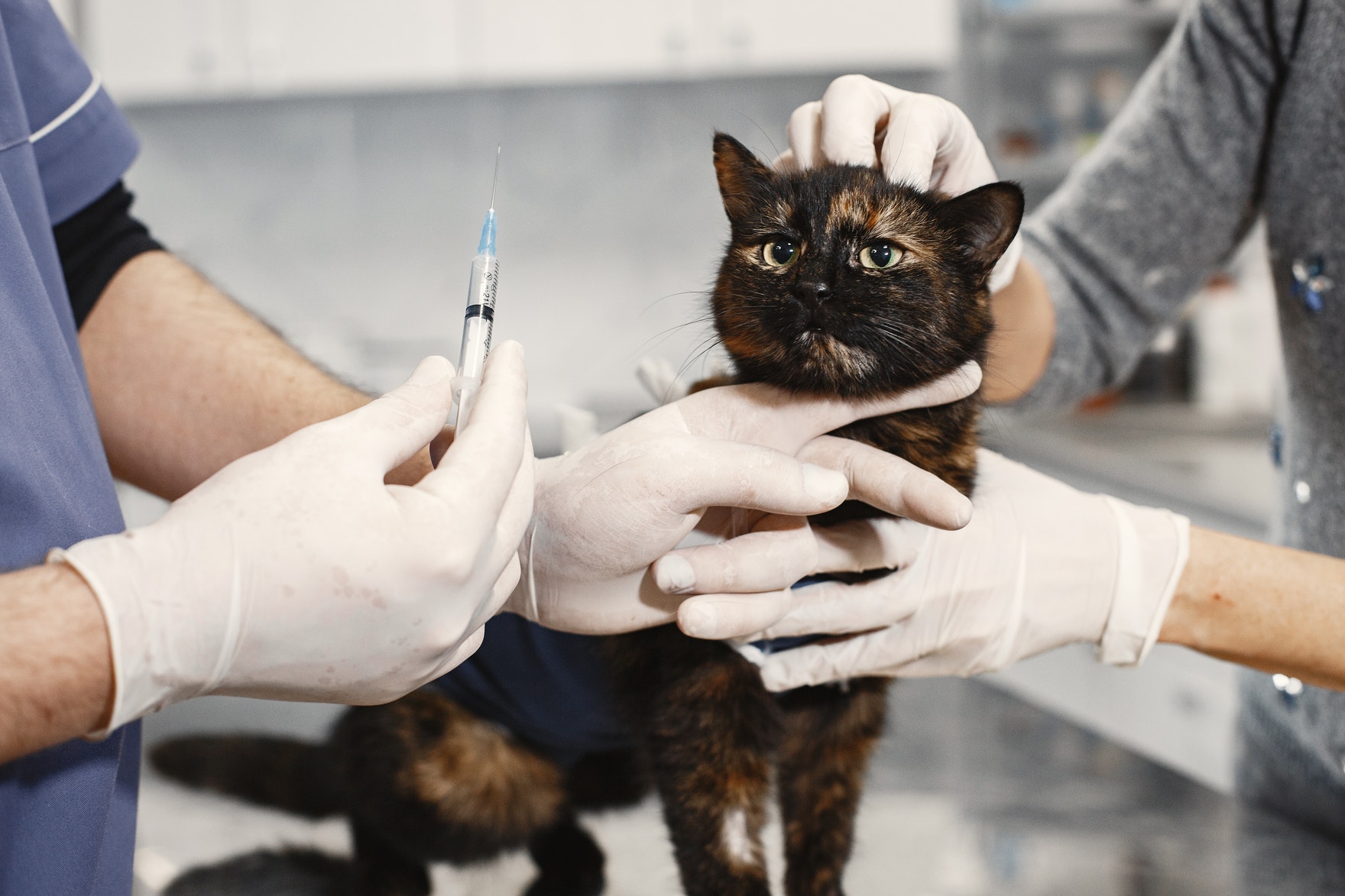Better Personal Life in Veterinary Careers
Typical Workday
The Veterinary field is a unique work environment that has many different career settings. Depending on which setting you work in, as a veterinary employee you will experience varying hours and responsibilities. Some of the different career settings include private practice, the U.S. Army Corps and the U.S. Air Force, research, teaching, public health, food supply medicine, and shelter medicine.
Private practice hours are mostly universal. A typical private practice will have hours Monday through Friday with some hours on weekends. They typically start in the morning and go until as late as seven or eight at night. Responsibilities in private practice include patient care, anesthesia and surgery, phlebotomy, and client education.
While working for the army and the air force, hours vary depending on when help is needed both locally and globally. Research will mostly follow the regular work schedule, with some weekends spent taking care of lab animals used for research purposes.
Teaching offers a sense of great purpose and provides a flexible schedule for each job opportunity. Online teaching, for instance, allows employees to work around their personal life, so long as deadlines are met. Since this is a remote position, it can be done anywhere. In-person teaching hours are based on the hours of the class and the amount of time it takes to prep for the class. Teaching also serves as an excellent opportunity to help future veterinarians, technicians, and aids through training.
Workers in public health and food supply medicine have responsibilities to keep livestock and other animals used for food healthy and to ensure that the public stays healthy while eating the meat. Lastly, shelter medicine is focused on helping animals that are in a rehabilitation setting awaiting adoption. Shelter medicine hours and responsibilities are very similar to private practice, with customer convenience in mind.
Balancing Work and Personal Life
Creating a work-life balance within a profession of high emotional and physical demands is a critical way to improve both personal life and career satisfaction; however, it’s not always easy to achieve. There are three critical areas to consider when assessing a work-life balance; burn out, and compassion fatigue. Creating a self-care plan and following it can improve a work-life balance. Some of these things can be done independently, and some may include help from friends or family.
The first way is to reduce the time spent at work. This can be done by seeking a flexible work schedule, looking for a change, and simply learning to say no. If your gut feeling is that you don’t have time or energy to do something, it’s ok to say no. You can’t please everyone all the time. If you’re looking for a job, make sure to find out what the employer’s policies are for paid time off, family leave, flexible scheduling, and job sharing. Also, make sure to ask if there is a wellness program for employees.
Another way to help maintain this balance is to make the most of time outside of work. When you’re with family and friends, put technology devices to the side. Focus on your time together instead of checking emails and social media.
One suggestion is to track how you spend your time outside the office for a week and see the patterns that emerge. For example, if you find you are spending an entire day off doing laundry, you may consider doing a little every day. Lowering expectations for cleaning and chores will allow for more free time. Lastly, organizing errands to have them done simultaneously can save a good amount of time and energy. The time saved can be used to do something more relaxing or enjoyable.
The AVMA has excellent resources for balancing personal life and work-related stress in the veterinary field to help create a healthier lifestyle.
The Blackstone Difference
Blackstone Career Institute offers a Veterinary Assistant career-training program that prepares students to excel in the field. Learn more about your prospective career and how to balance your professional and personal life through Blackstone today.
Written by:
Laura Switkowski has been a Licensed Veterinary Technician for the past 13 years. She has worked in general practice, exotic medicine, ophthalmology specialty and teaches at multiple Veterinary Technician and Veterinary Assistant programs throughout the country. Her interest in the veterinary field includes ophthalmology, anesthesia, and pain management.














